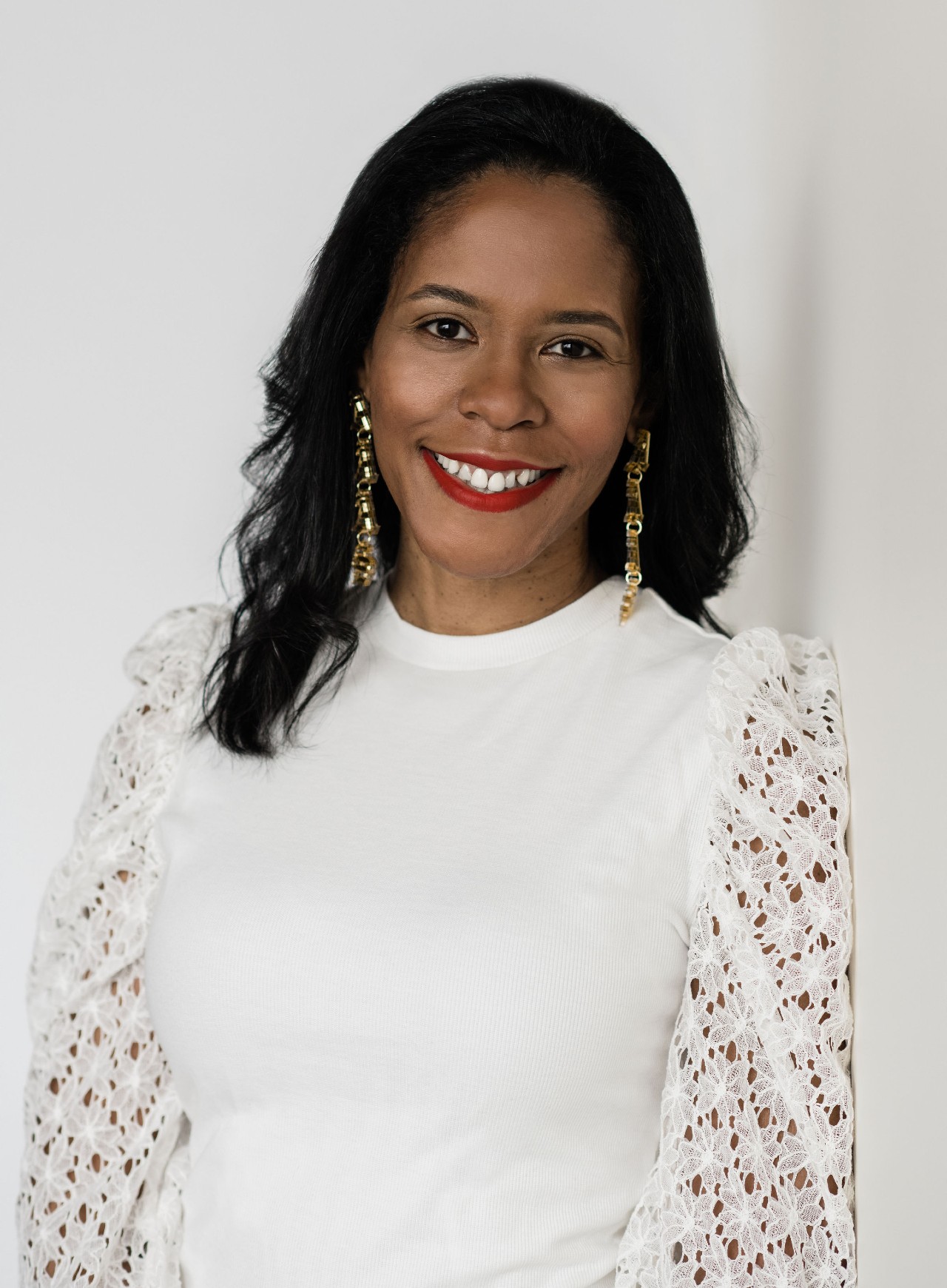
Emery Pechauer, a professor in MSU’s Department of English, studies hip-hop culture.
On August 11, the cultural and musical movement known as hip-hop celebrates its 50th anniversary. Year.Michigan State University Experts Emery Pechauer and ruth nicole brown Comments are allowed.
Professor Pechauer MSU English Departmentfocuses on the aesthetic practices of urban art, particularly hip-hop culture, and their connections to teaching, learning, and life. He is the author of “.Hip-hop culture in college students’ lives,Co-editor of “, the first academic study of hip-hop culture on college campuses.Hip-hop schooling: Expanding hip-hop-based education across the curriculum”
Brown is a professor at the MSU Research Foundation and the founding president of the research foundation. MSU’s Department of African American and African Studies. She is the author of “.Celebrating Black Girlhood: Towards a Feminist Education in Hip-Hop,” He is also the co-author of “.Wish to Live: A leader in hip-hop feminist pedagogy” and Chamala Kwakye, Academic Specialist in the MSU African American and African Studies Department.
What exactly marks the 50th anniversary of hip-hop? How did it all begin? Who coined the term?
Pechauer: This 50th anniversary marks the memorable day when DJ Kool Herc, also known as Clive Campbell, played only the breakdown portion of a record during a small party in the Bronx, New York.
The term “hip-hop” wasn’t used until 1982 by DJ Afrika Bambaataa during an interview to refer to breaking, rapping, DJ playing, and stylized lettering. New York City publications East Village Eye and Village Voice. The phrase has been common in the raps of many hosts for at least a decade, but after Afrika Bambaataa’s interview, “hip-hop” became an umbrella term for the common practices he was referring to.
Why are anniversaries important?
Pechauer: Hip-hop anniversaries are important because they allow and even force people to revisit and question some of the myths surrounding the anniversary itself. What is the “birth” of a culture or the “invention” of an artistic practice? Why have some figures and their versions of the story been emphasized at the expense of others? In all this So what’s the problem? These are questions that people are taking more seriously because of the anniversary.

Ruth Nicole Brown, MSU Research Foundation Professor and founding chair of the Department of African American and African Studies, has written two books on hip-hop and feminism.
What influence has hip-hop had on American and world culture? How has this influence grown over the past 50 years?
brown: The influence of hip-hop in the United States and around the world is undeniable. Hip-hop culture is wide-ranging. Hip-hop is influenced by and transforms the social, political, economic, educational, and cultural systems in which it is expressed, created, produced, and distributed.
How has hip-hop evolved over time?
Pechauer: There are multiple eras and rooms of stylistic innovation, including breaking and funk styles of dance, DJ and turntablism, beats and production, urban stylized lettering, and of course rap music. These evolutions occur as people interact with each other through hip-hop practices and expressions. Dance, sound, music, etc., they are means of exchange.
What does hip-hop represent to the communities it serves, often urban and black communities?
brown: It’s important to remember that hip-hop isn’t something we consume, it’s something we create and perform. This is important to faculty in MSU’s African American and African Studies Department. We have a recording studio where hip hop music and other types of music are created. We are excited to advance Black artistry and aesthetics based on Black studies.
Who are your top five favorite hip-hop artists?
brown: Mother Nature, Noname, Erykah Badu, Lauryn Hill, Missy Elliott — but there are so many artists I like.
Pechauer: Ken Swift, Rammelsey, Phase 2, J. Dilla, YNOT.


